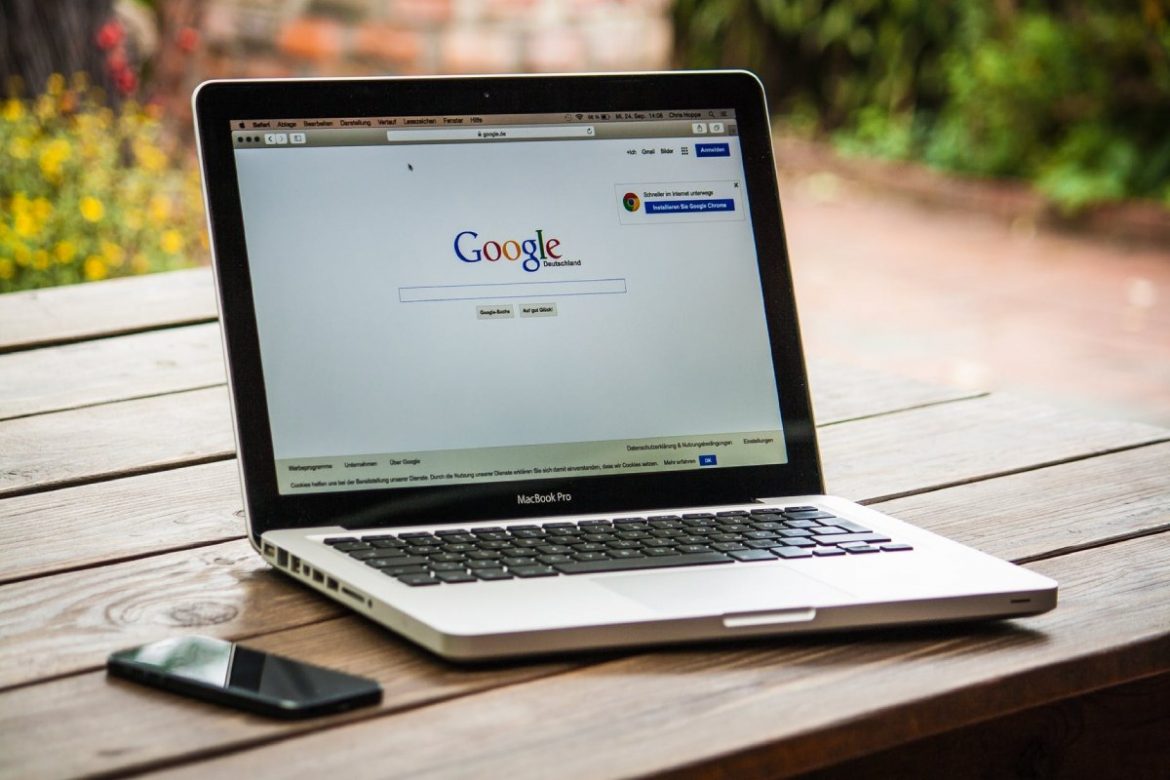DuckDuckGo and Bing – Google is known to all as the most important and popular Internet search engine. It is the one that most users use in our day to day. Now, of course, there are many alternatives. At our disposal, we have other search engines that may be better in terms of privacy, may offer different features, and, ultimately, serve as a different option. In this piece (article), we are going to talk about two of the most used: DuckDuckGo and Bing.
Google, the Most Used Search Engine
As we say, Google is the search giant. Google is the majority used search engine in all types of devices. It does not matter if we use a computer or a mobile. In all cases, most users will use this option to carry out their searches.
This search engine is available in more than 100 languages and emerged in 1997. Over time, it has been refining and adding different features, although we can say that the base is the same since its main objective is to offer Internet users results. Looking for some term.
It is becoming more “intelligent” and better adapted to what users are really looking for. It better understands the words and phrases and shows us the pages that best suit us. And it also takes our location and other factors into account.
Now, it is a reality that Google is not considered the best option in terms of privacy in many cases. After all, some of their services work thanks to the data they collect from users. This article will show two very popular alternatives, and one of them, we will see that it treats the data better.
Also Read: Solar Panel
DuckDuckGo, the Private Alternative to Google

The first option we have is DuckDuckGo. It is considered by many as the private alternative to Google. It is the best option if we want anonymity if we want to prevent our data from being exposed and can be used.
There are indeed other private search engines that do not track users. However, the results they offer are not as good as this option. DuckDuckGo stands out precisely for that, for being a good search engine but also not using user data.
In addition, the search engine itself reports that the quality of the results it offers is higher. It really shows what is relevant that you can import to users. It does not provide as many results as Google and other search engines, but it does offer more quality. At least that’s their premise.
Although we can adapt the results to a specific region, country, or language, it has a basic appearance. We will be able to conduct safe searches and obtain relevant results for us.
Also Read: 10 Gbps Internet
In addition, read more helpful resources at technologytimesnow
All this, in addition, with privacy as a flag. It will not send information to the sites we visit through searches. Nor does it collect personal information of any kind. We can also configure the type of security.
Bing, One of the Most Used Alternatives to Search

The second option we can use is Bing. The Microsoft search engine and has integration are top-rated services such as Hotmail, Facebook, or Siri. It should be stated that in some countries, it is the most used search engine above Google.
The operation is the same as any generic search engine. Basically, we enter the terms, and it shows us the results.
It is logically optimized for all types of devices. We can search for images or videos without problems. It also shows interesting thumbnails of the sites that we are going to enter.
We can say that the design, in this case, is very, very similar to Google. If we look at the tabs that there are, they are almost the same that we can find in the popular Alphabet search engine.
Bing, as we say, is the most used search engine in some countries. In fact, it is considered better in terms of the treatment of user data. One of the differences that we can notice is that it also shows us the site’s social networks to have them more accessible in specific searches.
In short, these DuckDuckGo and Bing are two leading alternative search engines to Google that we can find. The purpose is the same in all of them: to offer search results to users. However, there are differences, especially in how they treat user data. Privacy, as we know, is very important. It is a factor that must always be present, and the truth is that many services and platforms do not understand it that way.
Also Read: Avoid Netflix or HBO Outages With These Tips
In addition, you can find more helpful resources at popbom


